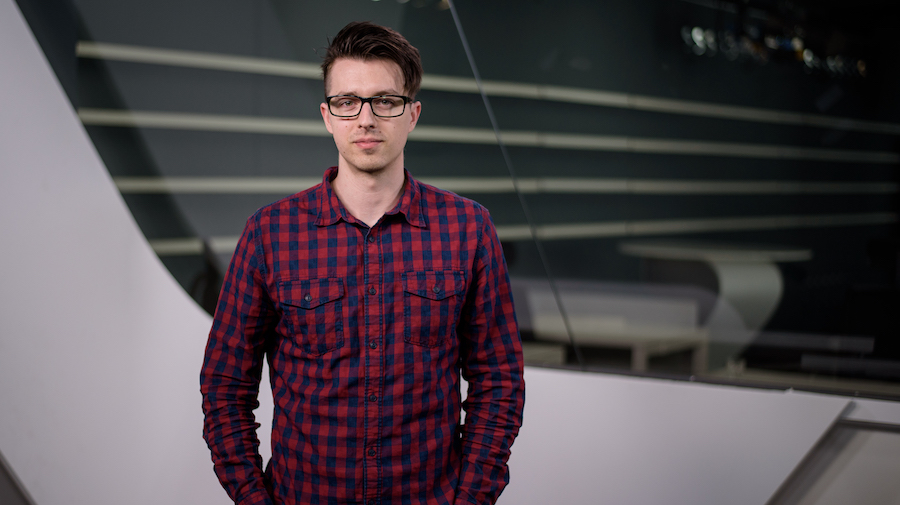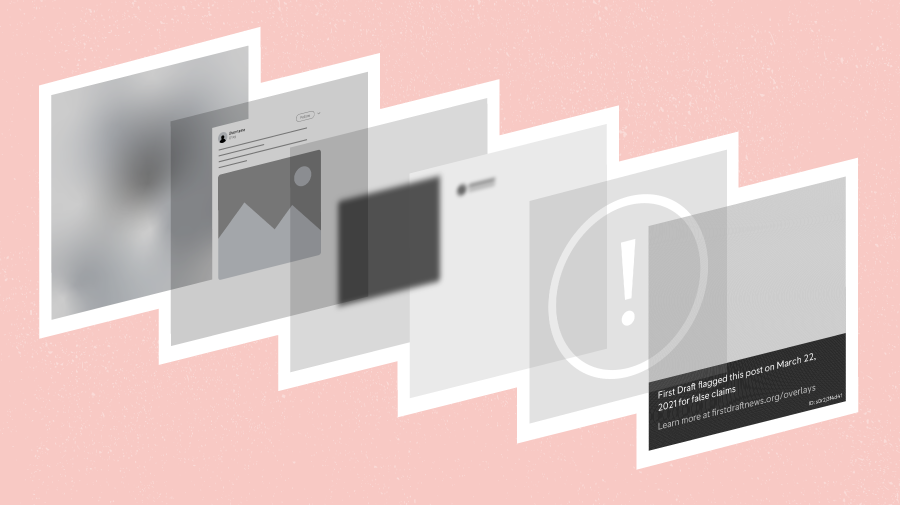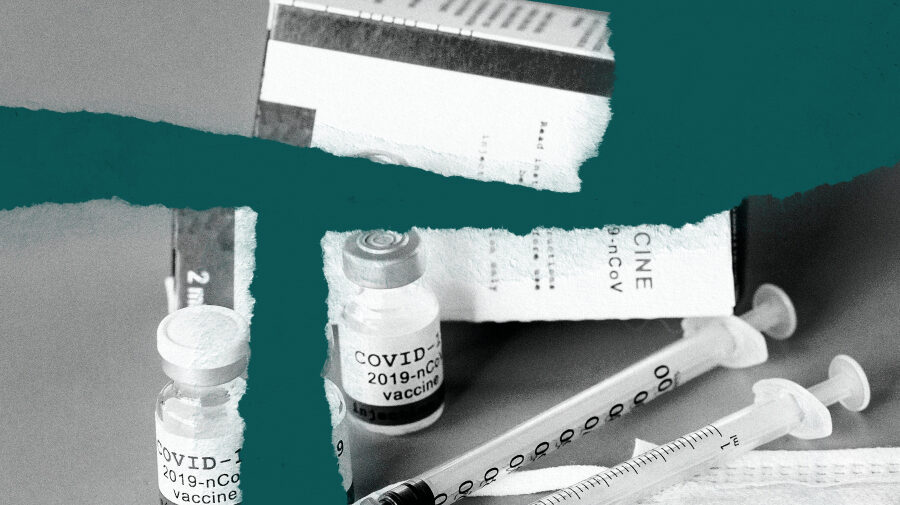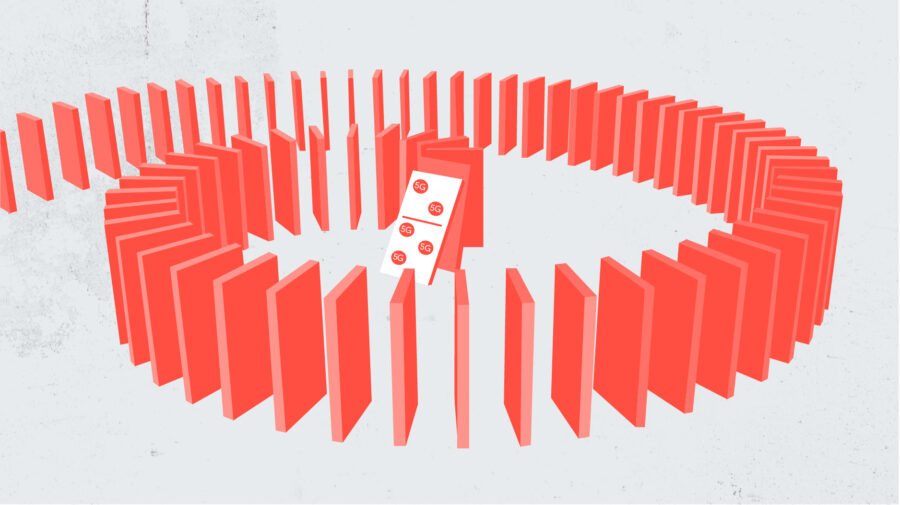Jiří Burýšek, the 28 year-old editor of the Czech online news site Seznam Zprávy, was already involved in responding to disinformation prior to joining the media organisation, having set up an online resource library of misleading rhetoric and cognitive biases.
Now he runs the fact-checking editorial team at Seznam Zprávy, the news division of the Czech web portal Seznam.cz. It is the most-visited online news source in the country. Seznam Zprávy’s recent reporting played a key role in the unfolding corruption scandal facing Czech Prime Minister Andrej Babiš, with thousands of protestors taking to the streets in recent months to call for his resignation.
Burýšek, who participated in First Draft’s CrossCheck Europe project during the 2019 European parliamentary elections, spoke to us about reporting on disinformation in the Czech Republic.
First Draft: How did your career in journalism start?
Jiří Burýšek: I started as an intern here at Seznam Zprávy. My job was mostly research work, often related to disinformation. The reason I was admitted to the internship was partly because this was my field of work beforehand. I created a website which tackles the problem of disinformation from a rhetorical and cognitive angle. It consists of large libraries of rhetorical fallacies, cognitive biases (all cross referenced) and pages to help create better arguments. For example, there is a page where you can find institutions’ websites with official information on certain topics. The website was nominated for a Czech national award. This was during my internship and after it ended I was asked if I’d like to stay and do something similar at Seznam Zprávy.
Tell us a bit more about your work at Seznam Zprávy. How is your newsroom working to tackle disinformation?
My work now consists mainly of working on topics related to disinformation in the Czech Republic and ad hoc false information circulating the internet. Recently, I worked on an article about a false story that repeatedly appeared online claiming that the protesters in Czech Republic (now largest since the [1989 Velvet] revolution) were paid to be there. My colleagues and I tracked down the initial source of the claim and interviewed him. He basically told us he made it up and sent it only to his friends. But one of his friends, who is a part of a local anti-establishment group, spread it widely and it was then shared by political parties.
I also conduct weekly workshops about disinformation for high schools visiting our newsroom. Each college semester I lead a group of about 12 interns working on finding and debunking false stories, manipulated photos on social media etc. Their focus is primarily on fighting disinformation, and secondarily on helping the newsroom with general research. They also focus on topics that we consider possible targets for disinformation and often create infographics and explanations about them. We try to make these infographics as easy as possible to consume without losing the complexity of the topic.
What are some specific trends and threats of misinformation in the Czech Republic compared to other European countries?
One of the trends now is the claim that the protests against Prime Minister Andrej Babiš are sponsored by different groups, or George Soros, or Czech political parties. There have been extensive efforts to undermine this movement.
A very specific threat is the spread of disinformation via emails targeting the senior population. We have encountered stories that were widely debunked over two years ago that are still appearing in people’s inboxes. One reappearing just now is a claim that the Czech Republic has lost around 5 trillion CZK [195,000 million euros] due to the government “selling our lithium deposits”. I interviewed a well known Czech expert who is misquoted in the article, and he believes this is part of Russian propaganda. It was [also] a prevailing topic in our 2017 parliamentary elections.
A very specific threat is the spread of disinformation via emails targeting the senior population.
What is the impact of disinformation on the Czech public?
There seems to be a loss of trust in official sources of information. Last year there was a case where our secret service claimed Russian influence was present in Czech Republic but it was met with denials. Even our president claimed it was not true and belittled our secret service. Generally a portion of people respond to debunking false stories with relativism – often claiming that “It’s not true, but it could be.”
Did you spot any particular misinformation trends during the recent European parliamentary elections in the Czech Republic?
We observed what we thought we were going to observe. [There was] slightly more focus on stories claiming that the EU is “banning” everything that people in the Czech Republic like. The EU is described as a really strong machine that such a small country cannot oppose, but at the same time claiming the solution is to just leave.
Generally a portion of people respond to debunking false stories with relativism – often claiming that “It’s not true, but it could be.”
The most interesting thing that has happened was an endorsement of one of the candidates by a notoriously known fake news website Aeronet.cz The owner and founder [of the website] is unknown, it has an audience of more than a million per month and often shares conspiracy theories.
What is the most effective tactic to counter disinformation, in your opinion?
It seems that the most effective way to tackle disinformation is [through] in-depth analyses. Our most successful articles in terms of readers reached are not monthly summaries but the longest and most complex ones. We’ve tried several approaches: one example was social media posts debunking the claims by just stating the correct facts without mentioning the false claim. For example, we had a post during the Notre Dame fire [in April 2019] saying that there were firemen present on the balconies, without mentioning the false claim that these figures might be the arsonists. These didn’t really reach a lot of people though.
I believe generally the strongest tactic might not be classic fact checking but rather writing about disinformation, how it originates, spreads, and how it targets us and our cognitive biases.
This interview has been edited and condensed for clarity.
Correction: We have updated this article to reflect that Burýšek runs the fact-checking team at Seznam Zprávy. An earlier version of the article had stated that he ran the newsroom.
To stay informed, become a First Draft subscriber and follow us on Facebook and Twitter






